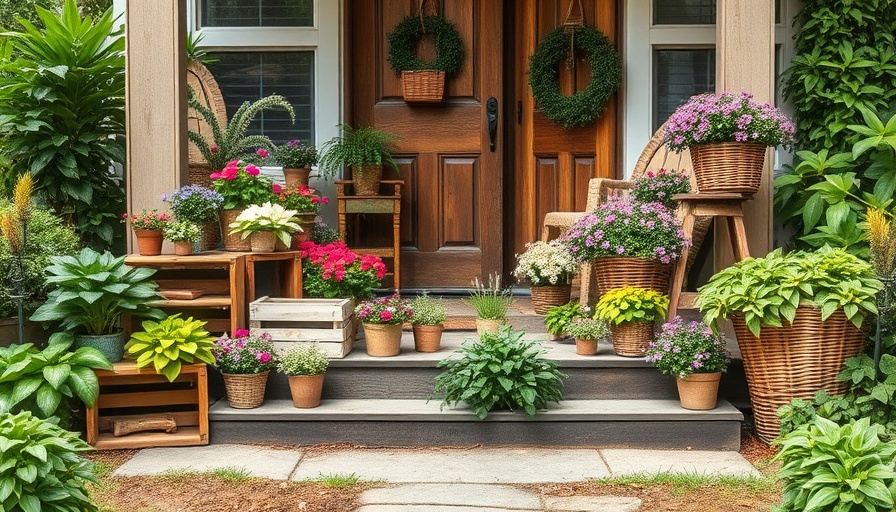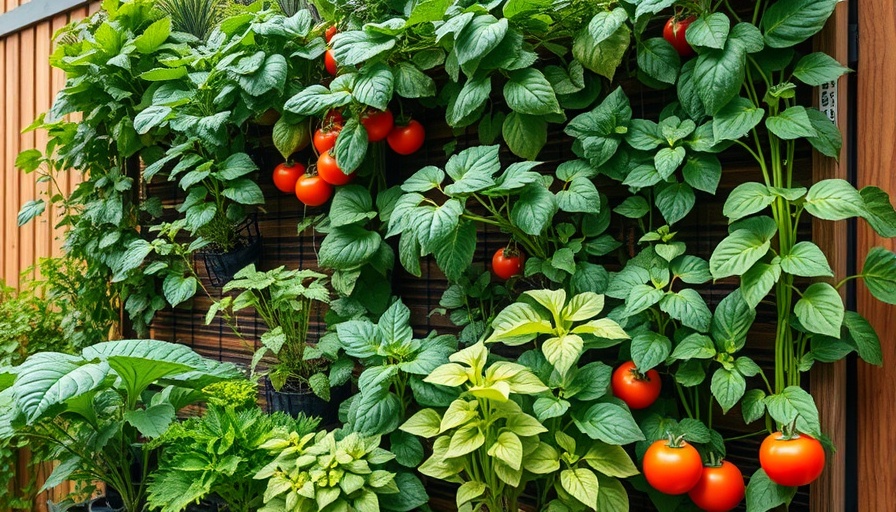
Why Nature Restoration Matters for You and the Planet
With the urgent need for ecological restoration, understanding the connection between the health of the planet and our own well-being becomes vital. As much as 70% of businesses depend on natural ecosystems, making our role in their preservation important not just for nature but for our livelihoods too. According to activist and educator Christabel Reed, "the health of the planet and health of the people are two sides of the same coin." This idea resonates with many homeowners who wish to integrate sustainability into their everyday lives.
In 'Bringing JOY Back to Nature Restoration with Christabel Reed, Earthed,' the discussion dives into the essence of reconnecting with nature, sparking ideas that we’re expanding on in this article.
Embracing Joy in Nature Restoration
One of the core messages from Reed's work is about infusing joy into the often serious realm of environmental activism. She highlights a shift from seeing ecological work as a burden to embracing it as a source of happiness and purpose. Joy, as Reed emphasizes, should be at the heart of any nature restoration effort. This perspective is not only uplifting but also crucial for sustainable engagement. Homeowners can find delight in planting gardens, creating green spaces, or engaging in local community ecological projects.
Accessing Resources for Transformation
The shift toward an eco-friendly lifestyle is increasingly accessible thanks to platforms like Earth. Reed's organization offers a plethora of free resources designed for individuals who may feel overwhelmed or unsure where to start. Whether it's learning about urban gardening or biodiversity, homeowners can easily step into the world of nature restoration. Earth ensures that these essential skills are not locked behind paywalls, providing accessible education to everyone.
Examples of Community Impact
Community engagement is key for fostering a culture of ecological responsibility. When you join forces with fellow enthusiasts in your area, not only do you share knowledge, but you also strengthen local ecosystems through collective action. The recent "Regreen the Streets" initiative, where participants contributed to guerilla gardening in urban areas, serves as a model for how community collaboration can lead to both sustainable change and social connection.
Your Role in Nature Restoration
So, how can you get involved? Start small by creating a native plant garden or participating in local initiatives. Consider the impact of your actions—be it reducing plastic use, composting, or supporting local farmers. As Reed articulates, ecological work should feel fulfilling and celebratory rather than daunting. When the emphasis is placed on joy and community rather than guilt, we empower ourselves and those around us to nurture our planet.
 Add Row
Add Row  Add Element
Add Element 


 Add Row
Add Row  Add
Add 


Write A Comment